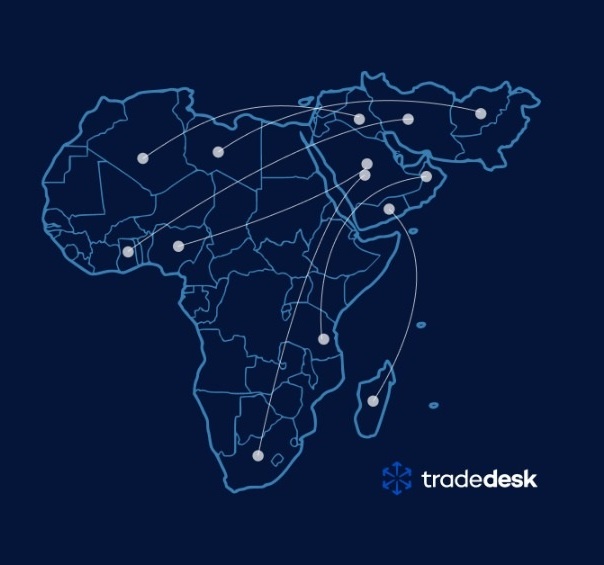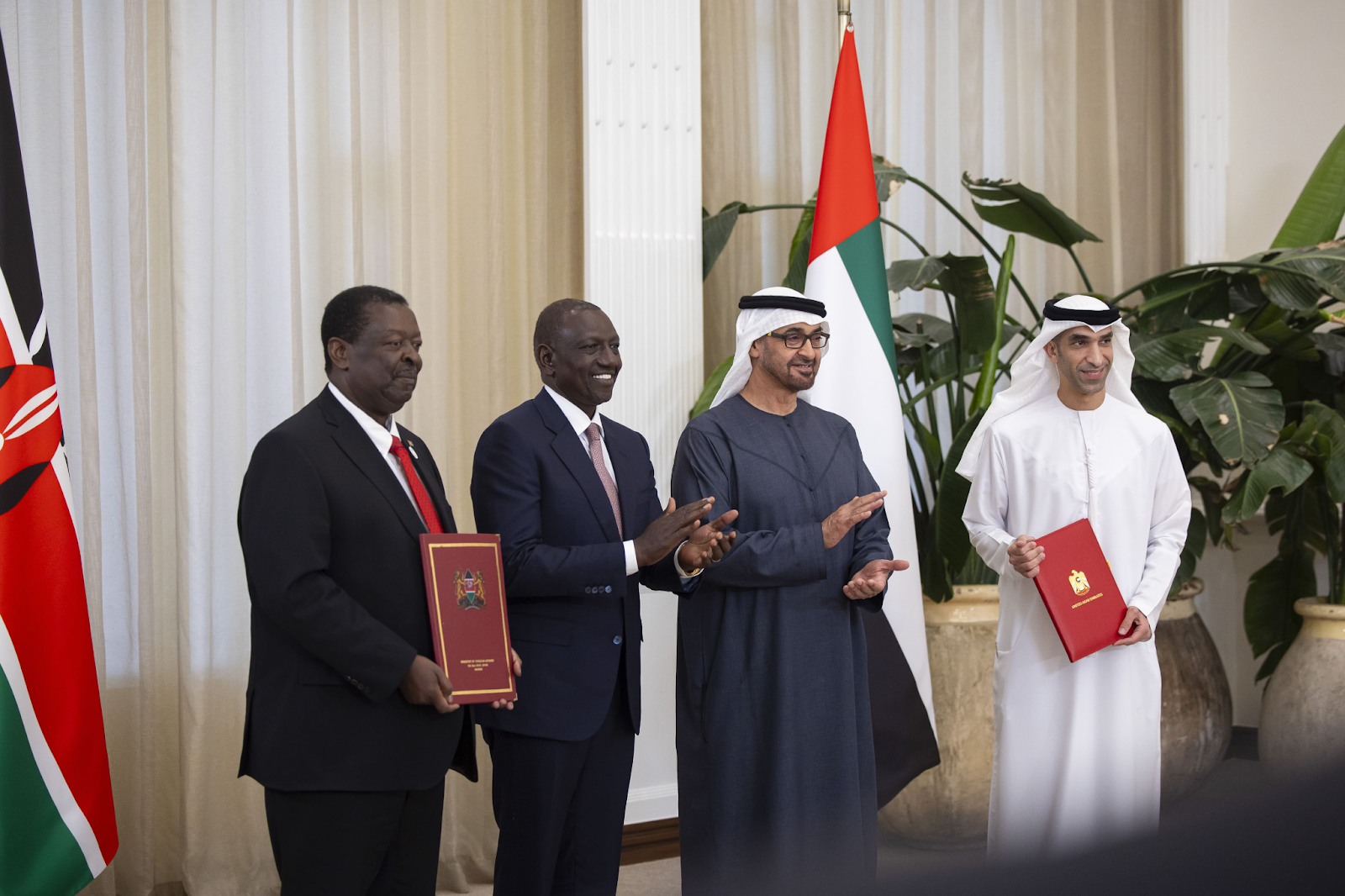Trade Programs for African SMEs
Date Posted: October 26, 2022
_1666791043.jpg)
Small and Medium Enterprises (SMEs) are the linchpins holding together the world's economies. In Africa, especially, SMEs comprise more than 90 per cent of the private sector. Several trade programs and grants exist to recognize the roles these businesses play. These trade programs provide funding, technical support, and mentorship for SMEs located in African countries. SMEs are sustained through these measures.
This article looks at the various trade programs available for Small businesses in Africa. Read on to find one suitable for you.
Trade Programs for African SMEs
Here is a list of 5 trade programs you may want to consider. Read on for more:
The United States Agency for International Development (USAID) Program for SMEs Investment and Export Readiness
This is an initiative of the African Women's Innovation & Entrepreneurship Forum (AWIEF). The Fund aims, amongst others, to increase the export readiness of about 100 SMEs in the South of Africa. Thus, if you currently own or intend to establish a business either in Angola, Botswana, Zambia, Namibia, South Africa, Lesotho, or Malawi, you are eligible. However, you must have a product-oriented business. Additionally, your business must intend to export goods outside of the country or is already doing that. The grant provides capital for expansion and international trade.
Read more here.
The African Guarantee Fund for Small and Medium-sized Enterprises
The African Guarantee Fund (AGF) was launched at the African Development Bank's Annual Meetings in 2012. It is funded partly by the African Development Bank and the governments of Denmark and Spain. The AGF partners with banks in the private sectors of African countries to identify SMEs deserving of financial aid. The Fund provides credit guarantees to banks to invest more into SMEs. It also offers technical expertise and assistance to banks to further improve their engagements with SMEs. There are no specifications regarding the country or business area the SME has to be engaged in. This wide latitude surely works to your advantage.
Read more here.
The Trade Access Program (TAP)
This trade program is managed by INOKS Capital, an asset manager based in Switzerland. It is, however, developed by the British International Investment, the United Kingdom's development finance institution. The program primarily caters to SMEs suffering capital deficits. It aims to provide loans and grants to e-commerce platforms, payment aggregators, banks, and microfinance institutions focused on SMEs. The trade program is relatively new, having been launched in July 2022. The initial capital for the fund is $25 million and is expected to be dispersed equitably.
The Africa Trade and Investment Program
This is a brainchild of the United States Agency for International Development (USAID). It is the pioneer project under the Prosper Africa Initiative. Prosper Africa is an initiative of the United States government to improve trade relations between Africa and the United States. The Africa Trade and Investment Program helps SMEs by advancing deals and promoting opportunities. Its mandate includes providing jobs, improving exports, and establishing relatable business environments for SMEs. The project is partner-driven and aims to leverage private partnerships for long-term success. It does not have any target SMEs or countries.
Read more here.
Small and Medium Enterprises Development Agency of Nigeria (SMEDAN) Credit Finance
Established in 2003, SMEDAN's credit facilities are available only to Nigerian SMEs. Its mandate, amongst others, is to develop and implement policies favourable to SMEs and further engage in capacity building. SMEDAN provides small loans and grants to businesses. It also connects these businesses with public and private sector entities willing to provide loans to them. However, primarily, SMEDAN provides capacity-building workshops for SME owners. The only requirement you need is to have a small business in Nigeria. You can then approach any of the SMEDAN offices in the country to begin the process.
Read more about SMEDAN here
How To Take Advantage of Trade Programs
Looking to be selected for any trade programs? The following can help improve your chances.
Create an Impressive Pitch
Most trade programs or grants would require you to send in a pitch or proposal. Thus, you must know how to draft an impressive pitch. You do not need to worry if you currently do not have the knowledge or experience to prepare a pitch. There are several resources on the internet to guide you.
Additionally, you may want to keep a sample pitch ready. You can send out this copy on demand. However, optimizing your pitch for whatever trade program you want to send it out for is advisable. Thus, always tweak your pitch before sending it out each time.
Have a Track Record of Success
The chances of being selected for a trade program in Africa might depend on your antecedents. Hence, make sure your small business is running as efficiently as possible. Then also, keep a record of successes. You may also want to leverage social media. The visibility of your work is crucial. Trade programs typically prioritize SMEs that show promise.
Invest in Your Social Capital
Building your network is beneficial to you and your business in many ways. Firstly, a huge social network grants you access to valuable information. Certain grants and programs may elude you, except you are in the right circles. Furthermore, being in the right circle could improve your credibility. Trade programs may want to investigate your business to determine your worthiness. Colleagues in your industry would typically be the first port of call. Having a well-established network increases the chances of favourable feedback.
Do Your Homework
No two trade programs are the same. Hence, their requirements, target businesses, and niche areas may also be dissimilar. Thus, carrying out extensive research before your business applies for any trade program or grant is crucial. While doing the research, confirm that the program targets African businesses, seeing as that is your consideration now. Also, consider if there are restrictions on the businesses that can apply. Finally, create a list of the programs that best align with your goals. After that, you can start making your applications to them.
Final Thoughts
There isn't any small business that will not benefit from extra funding, technical support, and mentorship in one form or the other. These are some of the benefits trade programs provide. Small business owners in Africa will be glad to know that trade programs for African businesses exist in abundance. You can narrow down the one suitable for your business using several metrics. These include the business the program caters to and the sector the business operates. This article is a great place to start if you are searching for a trade program for your small business.


_1687337514.jpg)
_1684612515.jpg)

_1666790839.jpg)
_1666790690.jpg)
_1666790264.jpg)